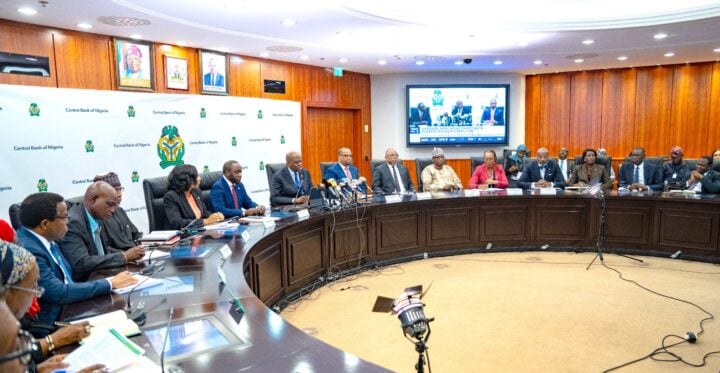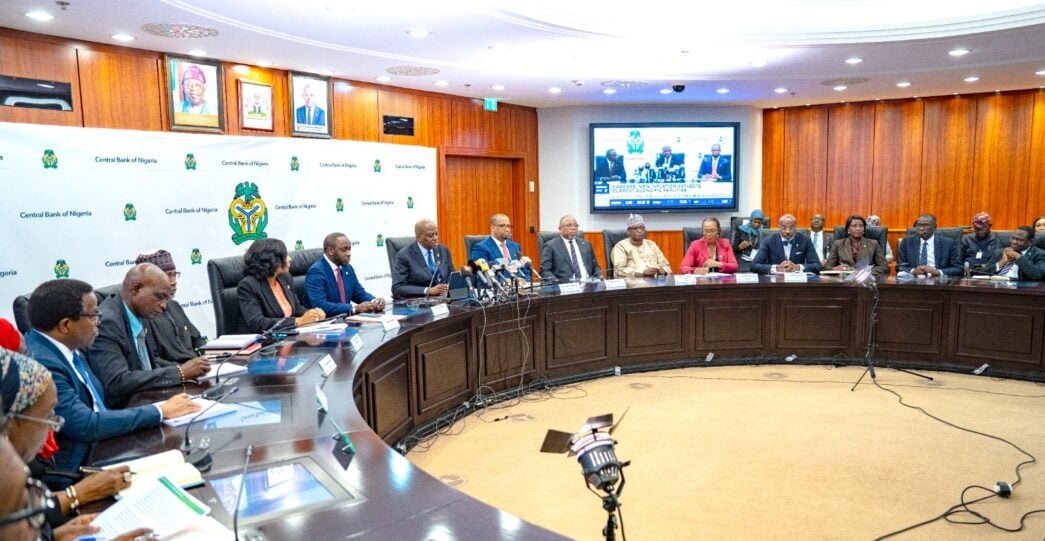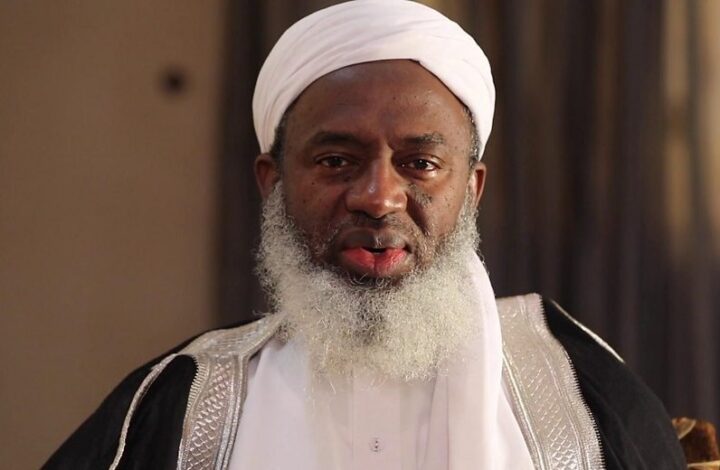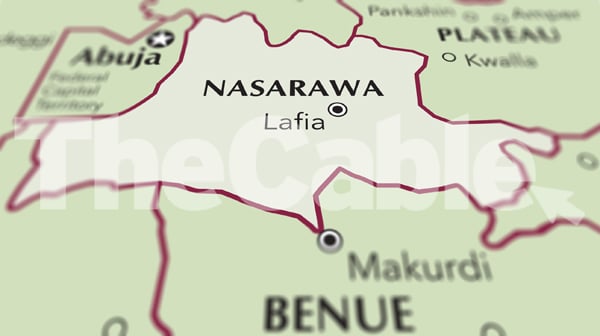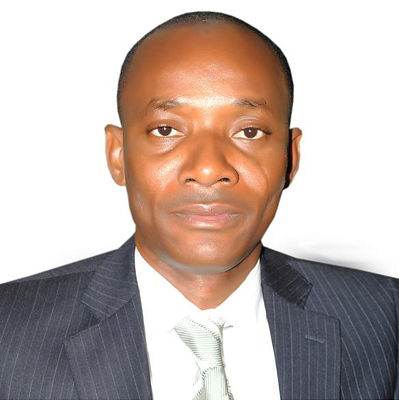The monetary policy committee (MPC) of the Central Bank of Nigeria (CBN) has retained the country’s monetary policy rate (MPR) at 27 percent.
Olayemi Cardoso, CBN’s governor, announced at a news conference on Tuesday during the committee’s 303rd meeting in Abuja.
The MPR serves as the baseline interest rate in an economy; other interest rates used within the economy are built on it.
The decision represents the fourth time the MPC would retain the MPR, following similar calls in February, May, and July.
Advertisement
The MPC’s decision comes after Nigeria’s inflation rate dropped to 16.05 percent in October 2025.
Speaking at the media briefing, Cardoso said the committee members also voted to adjust the asymmetric corridor to +50 and -450 basis points around the MPR.
The governor said the committee also retained the cash reserve ratio (CRR) at 45 percent for deposit money banks (DMBs), merchant banks at 16 percent, and 75 percent for non-treasury single account (TSA) public sector deposits.
Advertisement
He added that the committee decided to keep the liquidity ratio unchanged at 30 percent.
Cardoso said the MPC’s decision was “underpinned by the need to sustain the progress made so far towards achieving low and stable inflation”.
“The MPC reaffirmed its commitment to a data driven assessment of developments and outlook to guide future policy decisions,” he said.
“The committee welcomed the continued deceleration in headline inflation, year-on-year in October 2025 for the seventh consecutive month.
Advertisement
“This favorable development resulted from several factors, including sustained monetary policy tightening, stable exchange rate, capital flows, and surplus current count balance.”
In addition, the governor said the relative stability in the price of premium motor spirit (PMS), also known as petrol, and improved food supply supported the pace of disinflation.
‘HEADLINE INFLATION REMAINS HIGH AT DOUBLE-DIGIT’
Cardoso said headline inflation remains high at double-digit, requiring sustained efforts towards moderating it further.
Advertisement
“The committee was therefore of the view that the said steady deceleration in inflation across the three measures — headline, core, and food in October 2025 — suggests that the large impact of previous tight policy measures is expected to continue in the near term,” he said.
“Thus, maintaining the current stance of policy, amidst lingering global uncertainties, would allow the effect of previous policy rate hikes to sufficiently transmit to the real economy and further reduce prices.
Advertisement
“Members noted that the robust performance of the external sector, evidenced by the surplus current account and steady accretion to reserves, which have contributed to stability in the exchange rate and moderation in inflation.”
Cardoso said the MPC also commended the collaborative effort of the fiscal and monetary authorities, which “led to the recent upgrade of Nigeria’s sovereign credit rating” by major credit rating agencies and the “delisting of the country from the FATF gray list”.
Advertisement
The CBN governor added that members acknowledged that the positive developments would further boost investor confidence and improve capital flows to the economy.
Advertisement
